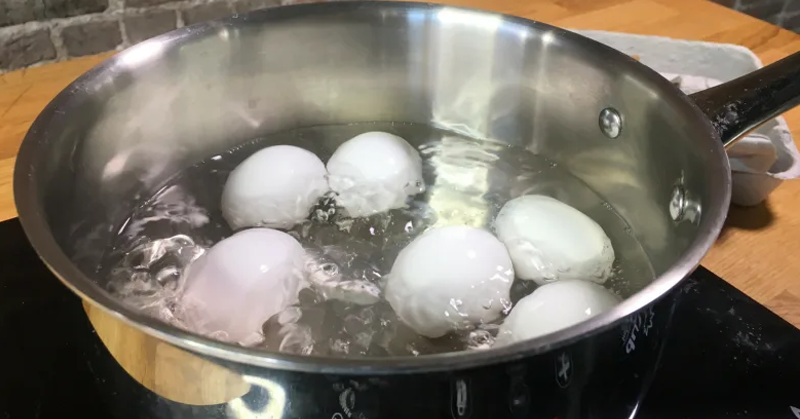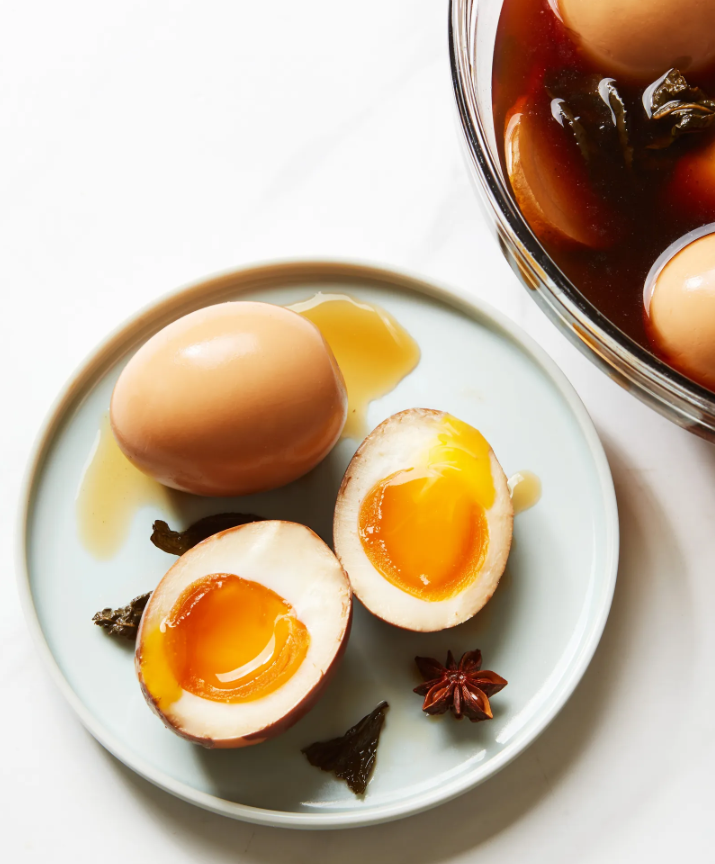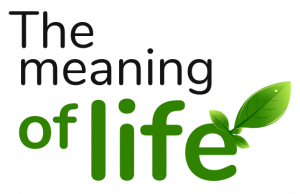
Here’s the best way to make perfectly boiled eggs every single time.
1. Bring a large pot of water to a boil.
First, place a large pot of water on the stovetop and bring it to a rolling boil over high heat. (You only need water, by the way; some recipes call for salting the water or adding baking soda, but both are completely unnecessary.) Add enough water so that your eggs will be covered by a few inches. Eggs that aren’t totally submerged in the boiling water won’t cook evenly. If you’re cooking a large batch of eggs, consider using a wide pot so that the eggs all lay in a single layer for more even cooking.
Maybe you have heard that you should drop your eggs into room temperature or cold water and then bring the water to a boil. This is a myth. In our tests, bringing the water to a boil first before lowering the eggs into the bath made for easy peeling and more accurate timing.
2. Gently lower eggs into the water.
Once the water has come to a rolling boil, grab your cold eggs straight out of the fridge (the temperature shock will make them easier to peel). Use a large spoon to gently place eggs in the hot water. If you drop the eggs in haphazardly, they can hit the bottom of the pot and crack, leaving you with floating wispy egg whites strewn throughout the pot.

3. Boil eggs for 4 to 14 minutes.
Set a timer and let the eggs cook to your desired doneness. Adjust the heat as needed, keeping the water at a steady simmer; you want the eggs to cook, but too vigorous a boil will leave them thrashing around the pot like they’ve been dropped into a mosh pit.
For soft-boiled eggs (the kind you spoon right out of the shell), pull your fighters from the pot at 4 minutes. At 7–8 minutes, they’ll technically be hard-boiled but with a slightly jammy yolk. For those who like drier hard-boiled eggs, you can keep cooking up to 14 minutes. After that, you’re likely to encounter an unsightly green ring around the perimeter of the yolk, a hallmark of overcooked eggs. We determined the cooking times below using large eggs; for medium eggs or extra-large eggs, your results may vary. Expect to experiment a bit to find the total time for your ideal level of doneness.
How long to boil an egg:
– 4 minutes: tender egg whites with a runny soft-boiled yolk
– 5 minutes: firm egg whites with a runny yolk
– 6 minutes: firm egg whites with a gooey yolk
– 8 minutes: firm egg whites with a fully set but jammy yolk
– 10 minutes: firm egg whites with a firm pale yolk that’s just a bit soft in the center
– 12 minutes: firm egg whites with a firm hard-boiled yolk
– 14 minutes: firm egg whites with a crumbly, dry pale yolk (ideal for deviled eggs)
Don’t have time to think about all this? You can boil your eggs in an Instant Pot for a more hands-off cooking method.
4. Transfer eggs to an ice bath.
The timer goes off. Use a slotted spoon to transfer the eggs from the boiling water to a large bowl of ice water. Not only will the ice bath stop the egg from cooking (ensuring it will be exactly as you want it), but the drastic change in temperature also makes the cooked eggs easier to peel.
5. Peel the eggs.
When your eggs are cool enough to handle, peel them under cool running water. The water will get under the eggshell, which will help you lift the shell away cleanly. (It’ll also wash away any tiny flecks of shell left on the eggs.)
Alternatively, you can peel eggs right in the bowl. After a few minutes of cooling, swirl the unpeeled eggs around with a spoon. Let them rattle around so their shells begin to crack (starting the peeling process for you). The shells won’t rinse off as they would in running water, but you’ll use less water this way. (This is our former food editor Rhoda Boone’s preferred method; she can peel hard-boiled eggs by the dozen in under 2 minutes.)
You can store boiled eggs in your refrigerator for up to a week, whether shelled or unshelled, sealed in an airtight container. Enjoy them on their own, or chop them up for sandwiches, salads, pasta, casseroles, or grain bowls. Need more inspiration? Check out our best hard-boiled egg recipes—if these ideas don’t inspire you to learn how to boil eggs perfectly, nothing will.

















